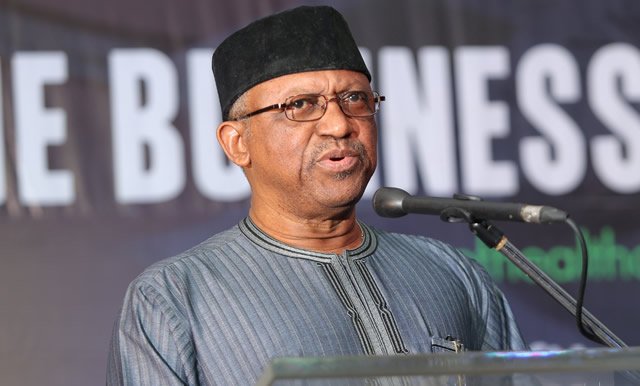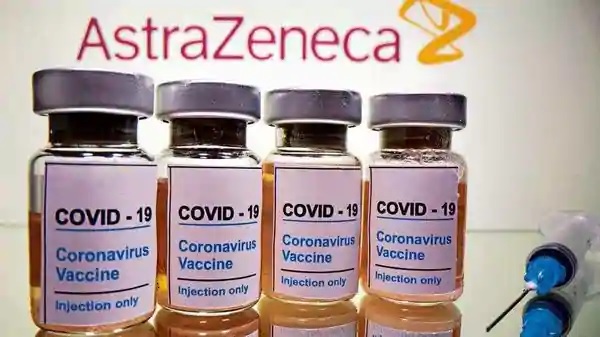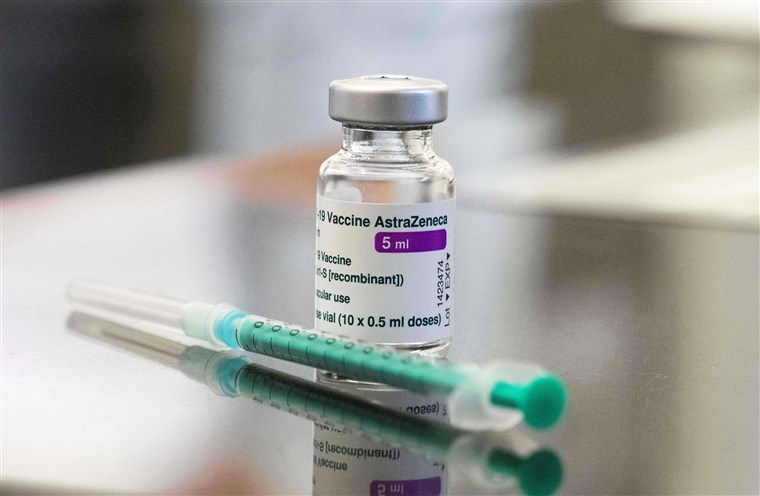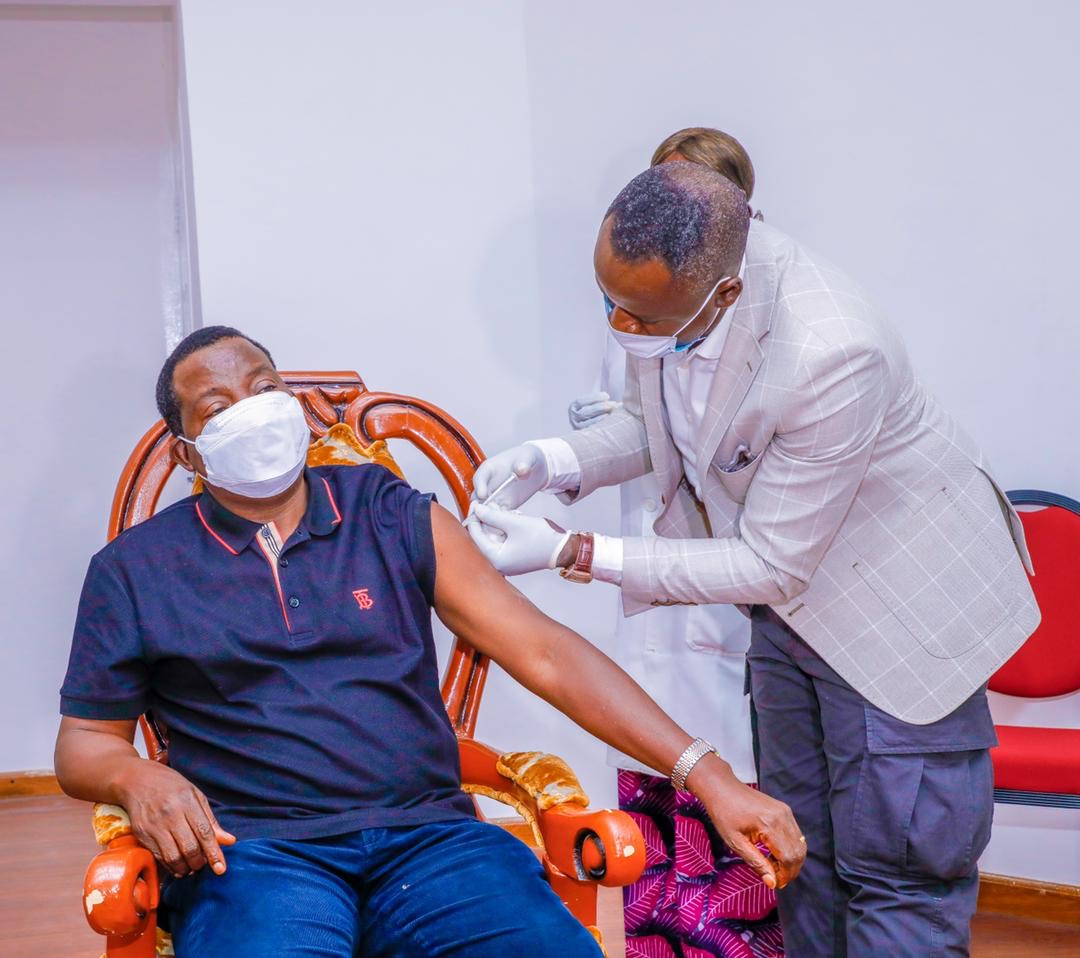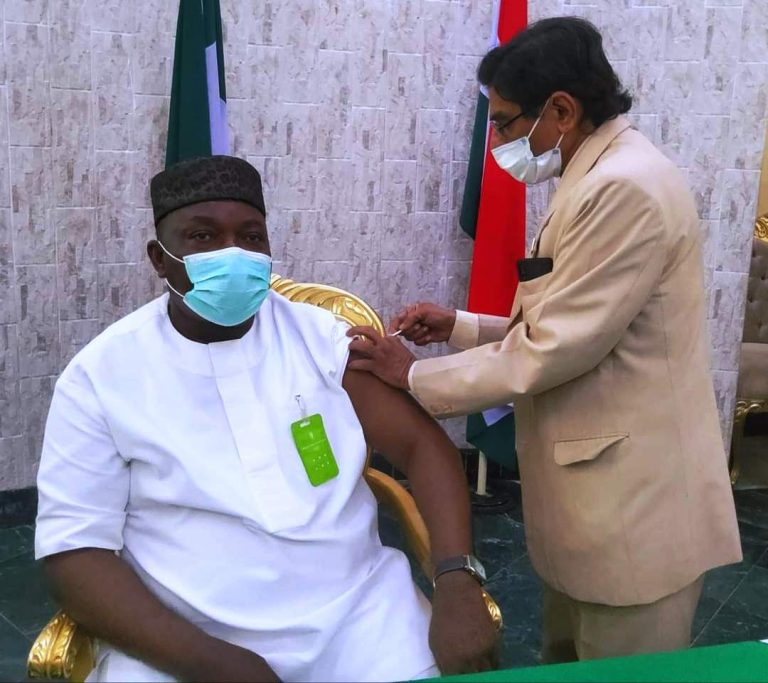The federal government has reacted to a report stating that one million doses of COVID-19 vaccine in Nigeria expired in November.
According to the report, the expired doses were AstraZeneca COVID vaccine supplied via COVAX from Europe.
In a statement on Wednesday, Osagie Ehanire, minister of health, said Nigeria has enjoyed donations of vaccines by other countries but had communicated a problem of shelf life which leaves just a few months for vaccines to be used.
The minister, however, said Nigeria had used over 10 million doses of short-life vaccines, adding that expired ones had been destroyed as the country does not utilise vaccines past their expiry date.
“Nigeria has, of late enjoyed the generosity of several, mainly European countries, who have offered us doses of Covid-19 vaccines out of their stockpiles, free of charge, through COVAX or AVAT facility,” the statement reads.
“These donations are always acknowledged and thankfully received: however, some of them had residual shelf lives of only few months that left us very short time, some just weeks, to use them, after deduction of time to transport, clear, distribute and deliver to users. If such vaccines arrive back-to-back or are many, logistic bottlenecks occasionally arise.
“We appreciate the kind gesture of donors, but also communicated the challenge of short shelf lives, whereupon some manufacturers offered to extend the vaccine shelf life after the fact, by 3 months, a practice that, though accepted by experts, is declined by the Federal Ministry of Health, because it is not accommodated in our standards. Nigeria does not dispense vaccines with a validity extended beyond labelled expiry date. We continue to adhere to our rigorous standards.
“Donation of surplus Covid-19 vaccines with expiring shelf lives to Developing Countries has been a matter of international discussion.
”Developing countries like Nigeria accept them because they close our critical vaccine supply gaps and, being free, save us scarce foreign exchange procurement cost. This dilemma is not typical to Nigeria, but a situation in which many Low- and medium-income countries find themselves.
“Donors also recognize a need to give away unused vaccines, before they expire in their own stock, but they need to begin the process early enough and create a well-oiled pathway for prompt shipment and distribution through the COVAX and AVAT facilities, to reduce risk of expiration. With better coordination, vaccines need not expire in the stock of Donors or Recipients.
“Nigeria has utilized most of the over 10m short-shelf-life doses of Covid-19 vaccines so far supplied to us, in good time, and saved N16.4B or more than $40m in foreign exchange. The vaccines that expired had been withdrawn before then, and will be destroyed accordingly, by NAFDAC.”
The statement said the ministry shares its experience with partners regularly and now “politely declines all vaccine donations with short shelf life or those that cannot be delivered in time”.
“The long term measure to prevent such incident is for Nigeria to produce its own vaccines, so that vaccines produced have at least 12 months to expiration. This is why the Federal Ministry of Health is collaborating with stakeholders to fast-track establishment of indigenous vaccine manufacturing capacity. This is a goal we are pursuing with dedication,” it said.
